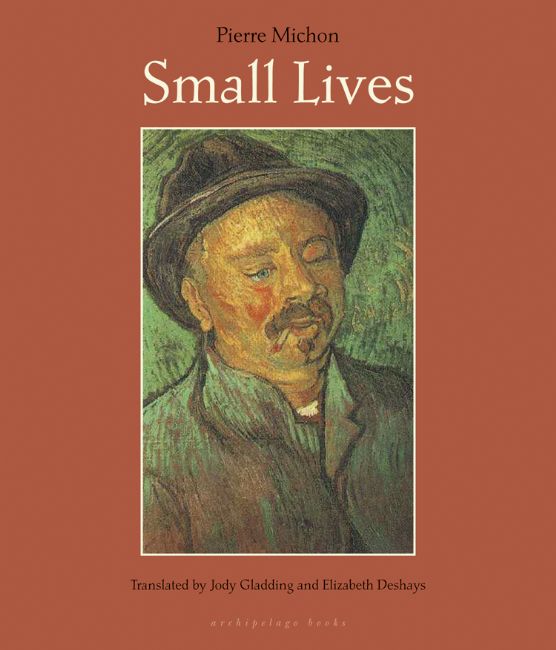Praise
Offering the long view, as would a novel, of life as a concatenation of a great number of events between birth and death would not suit his stylistic inclinations. Instead, he focuses on a handful of scenes and musters his exceptional style — arguably, closer to the prose poem than to narrative prose — in an attempt to make them at once palpable and emblematic. Nothing is diluted; these are heady, compassionate distillations — like cognac.
An astonishingly rich, mythic new direction in modern French narrative.
One of the best-kept secrets of modern French prose.
In the flow of Michon's meditations and narratives, the visionary becomes the actual, and the actual becomes the visionary.
Michon's prose tends to slow down in order to oblige you to hear its rhythms and also to see and touch and smell what is happening beneath it.
The emotion, the forceful claims of the imagery, the painting of the starry night: Mr. Michon achieves what other writers wouldn't try, licensed as he is by keen regret and transfigured loss. More than other writers, Mr. Michon misses the poetry of the past, and in missing it he possesses it.
In Small Lives by French author Pierre Michon, not only are we aware that we are reading great literature, but we have the privilege to accompany him on this journey in which he discovers the voice and style that make this an outstanding work of depth, substance and originality.
Rarely have I encountered a writer whose work felt so rewarding upon a first reading. . .Reading Small Lives, I felt profoundly that Michon was carrying on the mark of a true writer: one who speaks in his own voice while conveying with all its immediacy and flesh-and-blood possiblity of what it means to be human.


